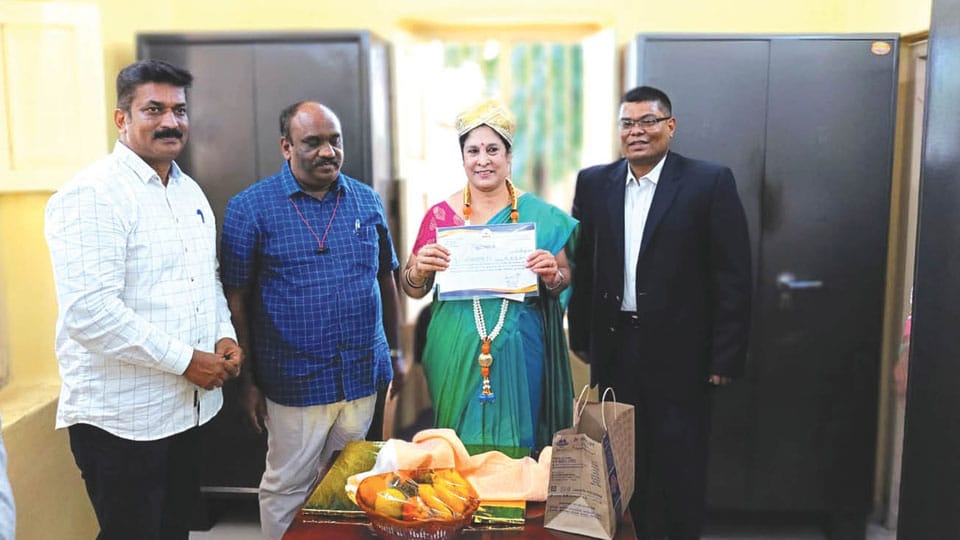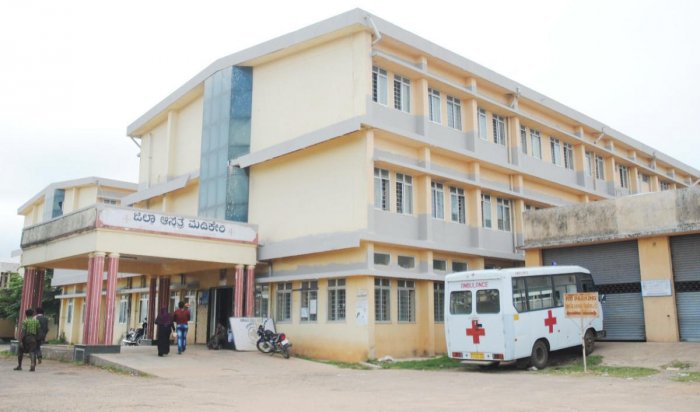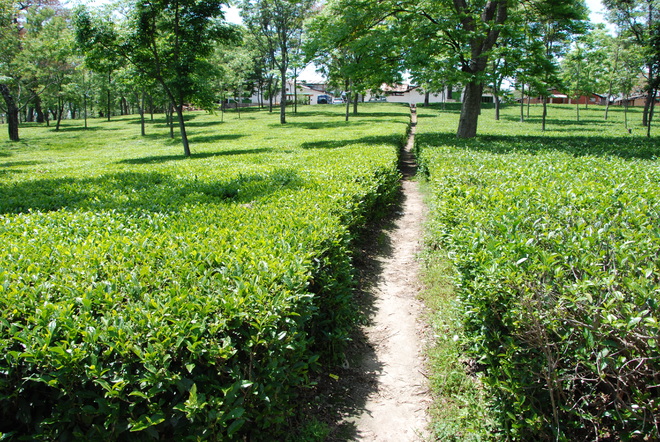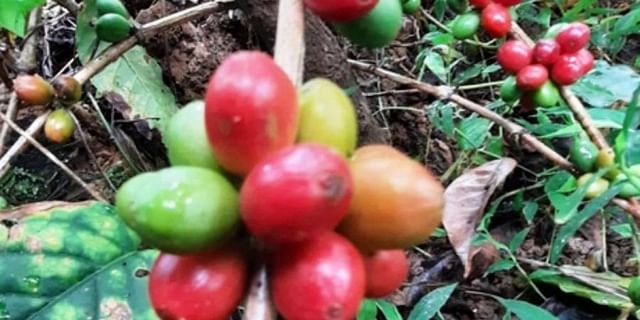
Festival season is approaching and so are the moments of colorful traditions and culture. Some of them are celebrated within communities and some of them nationally and globally. Community festivals are significant to the respective community and connect them with their families and social structure of living.
Festival of weapons
Situated at 3000 feet above sea-level, Coorg is beautiful and is known as the Scotland of India and is home to the Kodagu Community, where this festival of weapons is celebrated. Coorg is home to various agricultural crops like coffee, pepper, oranges, avocado and cardamom. The delicacies include dishes cooked with pork, mutton, rice, wild mushroom, bamboo shoot and smoked meat.
About the Kodagu Community:
The Kodagu community has got its own rituals and very interesting traditions still kept alive. One such Festival they still celebrate within their community is Kailpodh, which is celebrated in the month of September. ‘Kail means armory and Podh means festivals, so Kailpodh means “Festivals of Weapons”. This Unique traditional festival is celebrated within the Kodagu community where arms and weapons like guns, knives, swords, bows, and arrows are cleaned and prayer lamps are lit. The hanging prayer lamps are called Thookbolcha in Kodava and flowers called Thokk Poo (Gloriosa Superba flowers) are placed on the nozzles of guns.
The Kodavas have always maintained an intimate relationship with their weapons. Its been said that during weddings they use a large Kodava Knife to cut banana Stalk with one single cut. During the death and birth, they fire a single shot into the air to share the news with the neighbours. Largely there were forest land where they lived and hunting used to be their favourite past time. At present even if hunting is not done, these weapons are passed down from generation to generation.
This is a time which marks the end to the sowing season and then they have to remain watchful and protect the crop. The weapons used to protect the crop hence are taken and decorated on this day and pooja is offered. The river deity Kaveramma, and Mahaguru Igguthappa and the supreme ancestor Guru Karana, are invoked during this day.
The festivities:
Kodava cuisine includes well-prepared, tasty food such as steamed dough balls called kadambuttu, and rice cakes, string hoppers meat dishes such as Pork curry, Chicken curry and Mutton Curry as well as desserts like Rice kheer. They also wear traditional costumes and play various games like folkdances ,shotput, rifle shooting , traditional dances.
source: http://www.krishijagran.com / Krishi Jagran / Home> Others / by Dr Lakshmi Unnithan / September 07th, 2021









